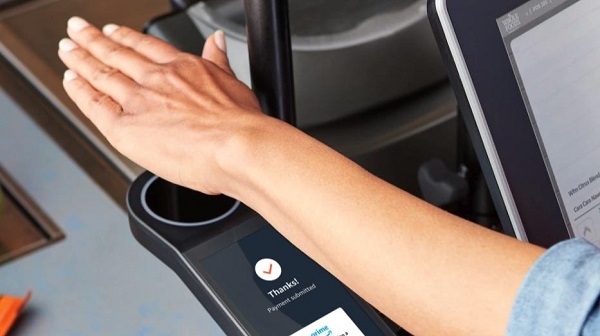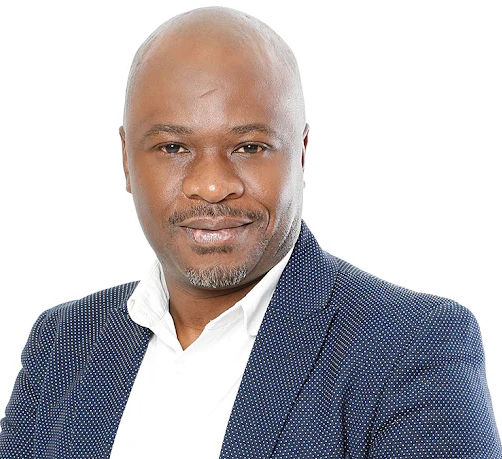by MTHULISI SIBANDA
JOHANNESBURG – THE introduction of biometric payments for health workers in South Sudan is eradicating corruption in the health sector as the humanitarian crisis prevails.
Cordaid, the Dutch-based global aid agency, has introduced the technology-based system in the world’s newest country that is beset by conflict, much to the deterioration of healthcare services.
“Before, we had issues, including ghost names and double payments,” said Gerald Agaba, TB/HIV Programme Manager for Cordaid South Sudan.
“With biometrics, your (health worker’s) fingerprint is your identity (ID). If you are not in the system, you do not get paid.”
Agaba was providing an update on Cordaid’s intervention in South Sudan, where the deadly resurgence of tuberculosis (TB) and HIV is threatening the lives of millions and adding to the impact of conflict, floods and mass displacement.
Under the new system, Cordaid monitors payments in real time, using global positioning system (GPS) tracking and photographs to ensure funds are delivered transparently and efficiently.
To boost patient care and data systems, Cordaid has distributed 470 tablets (gadgets, not pills), preloaded with data bundles, to support real-time monitoring and reporting.
Health facilities use the tablets to log patient treatment details in the electronic TB register. The programme team is alerted immediately if a facility goes silent for two days.
“We are using the tablets not just for reporting but for virtual learning,” Agaba explained.
Cordaid runs sessions on WhatsApp with the national government and health workers monthly to assess the impact of the latest form of intervention.
“If there are issues, we resolve them in real time,” Agaba said.
The technology makeover has also renovated and solar-powered some 21 laboratories, enabling more reliable TB diagnosis, HIV viral load testing and early infant diagnosis.
South Sudan’s healthcare system is among the most fragile in the world.
Cordaid reports there is one physician for every 65 000 people and 25 percent of health facilities able to treat TB.
South Sudan attained independence in 2011 but plunged into civil war two years later.
– CAJ News




